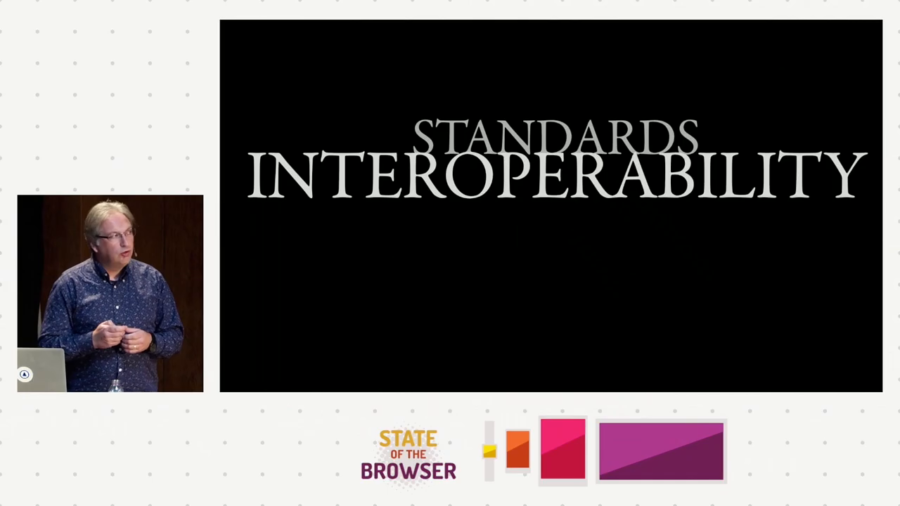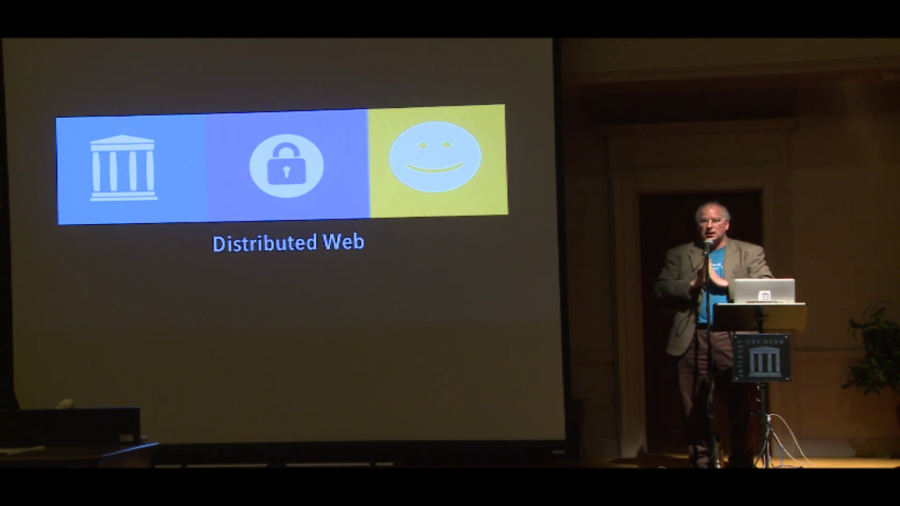Web standards are a collection of intangibles that we collectively agree to be true. They’re our stories. They’re our collective, consensus reality. They’re what web browsers agree to implement and what we agreed to use. The Web is agreement.
Archive (Page 1 of 2)
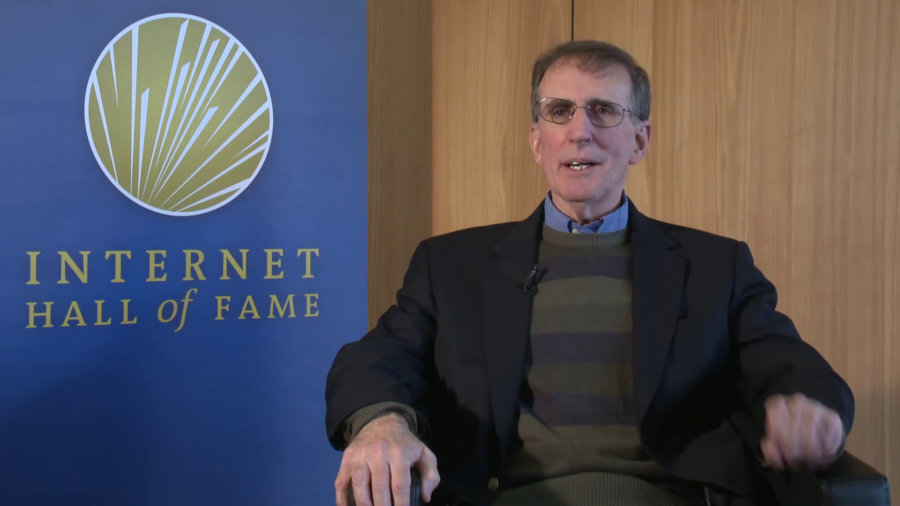
I got involved with networking sometime in the late 70s, mainly because I was looking around and discovering that people were getting into networking, email. And at the time I was department chair at University of Wisconsin, the computer science department, and was trying to understand what those capabilities would do for our faculty and students.
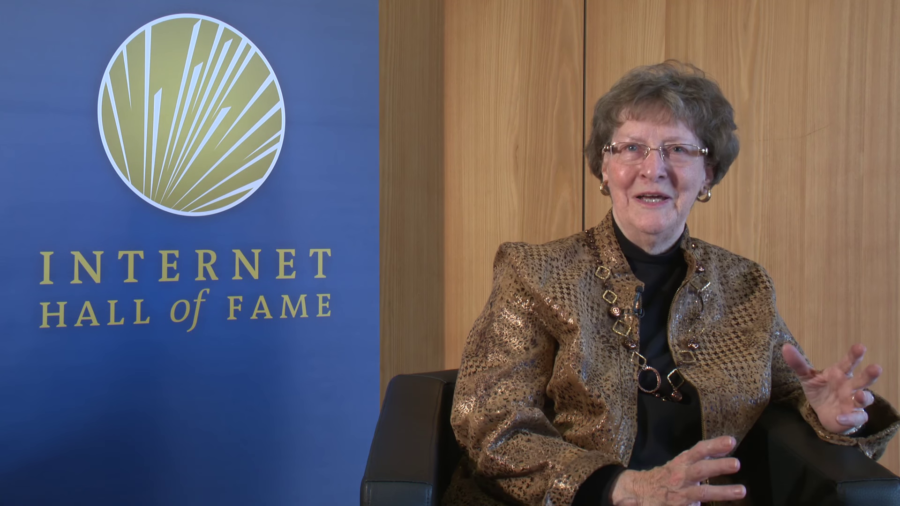
I’m Elizabeth Feinler, usually known as “Jake.” That’s my nickname. And I ran the contract for the Network Information Center on both the ARPANET and the Defense Data Network back in the 70s and 80s.
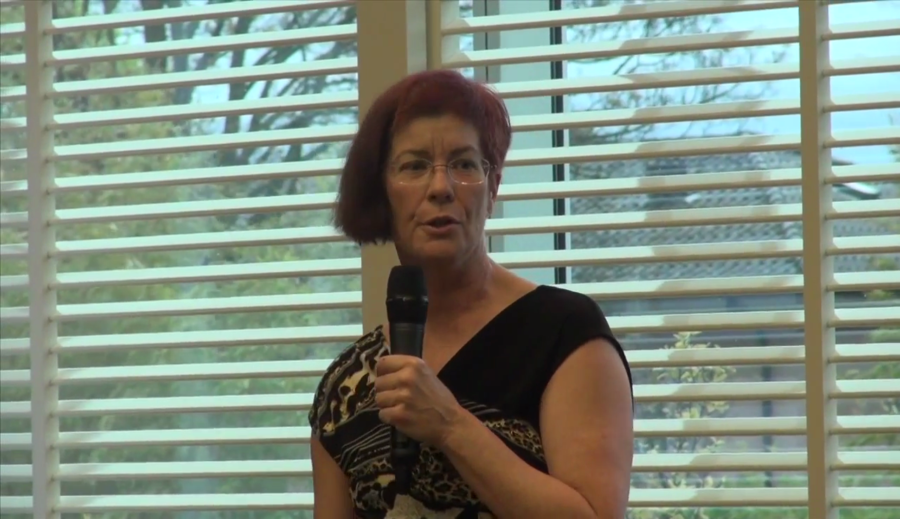
The thing that always amazed me about [the Internet] is that it was just there. It wasn’t a giant announcement. It wasn’t a person. It wasn’t an organization. It was just there.
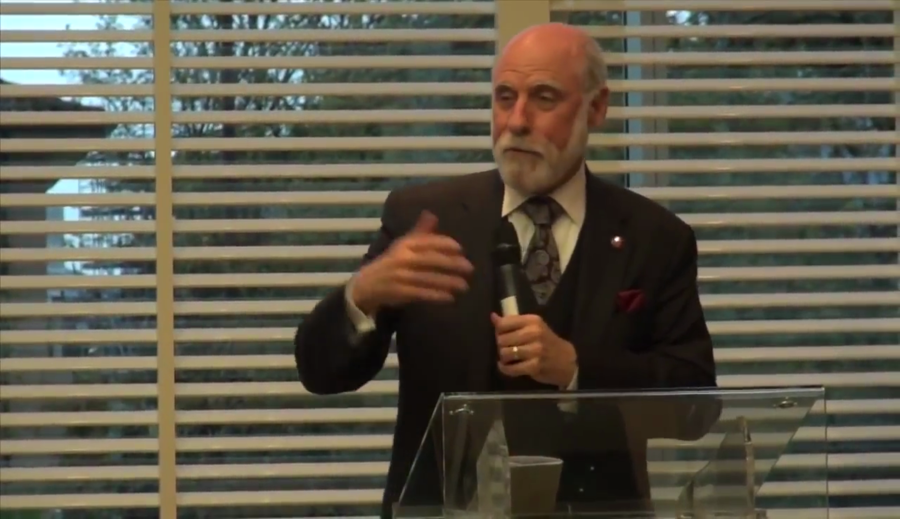
You know, I got to thinking about—Tan Tin Wee beat me to this analogy but I’m going to use it anyway. If the ARPANET created atoms, then the Internet created molecules. And Tim Berners-Lee created DNA. And after that, it was just life in all its variations. So now I finally figured out, what is it that …read the full transcript.
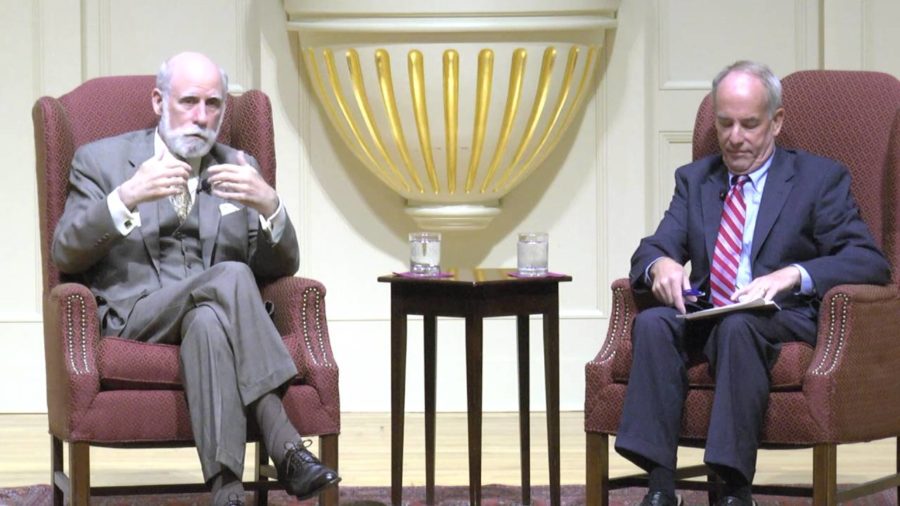
We’ve already been through several situations where new technologies come along. The Industrial Revolution removed a large number of jobs that had been done by hand, replaced them with machines. But the machines had to be built, the machines had to be operated, the machines had to be maintained. And the same is true in this online environment.
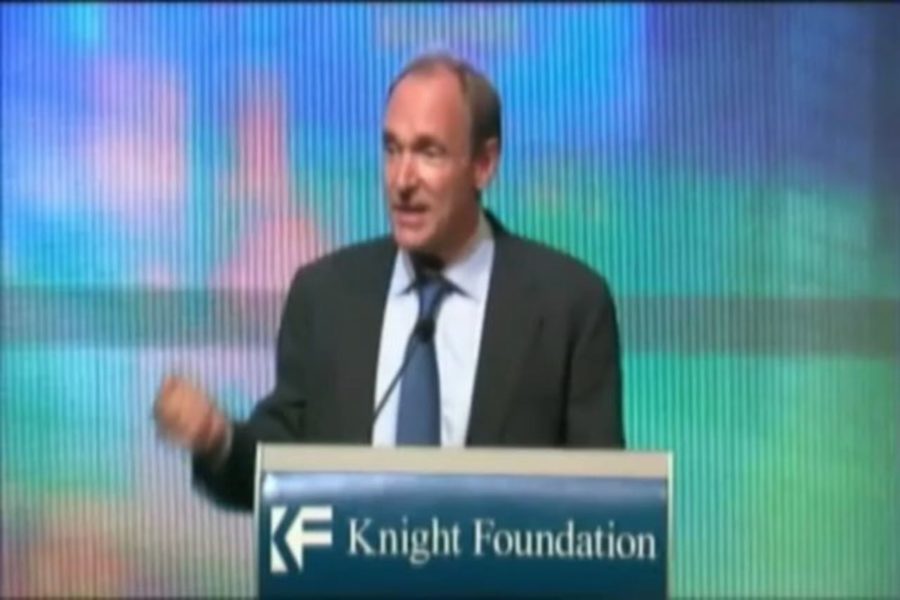
I wrote a memo saying, “We should have a global hypertext system to fix this.” The memo, I distributed it to a few people but there’s nowhere really to distribute it to at CERN because CERN is a physics lab. It didn’t have committees for building programs and hypertext systems.
So what happened was basically nothing for eighteen months.
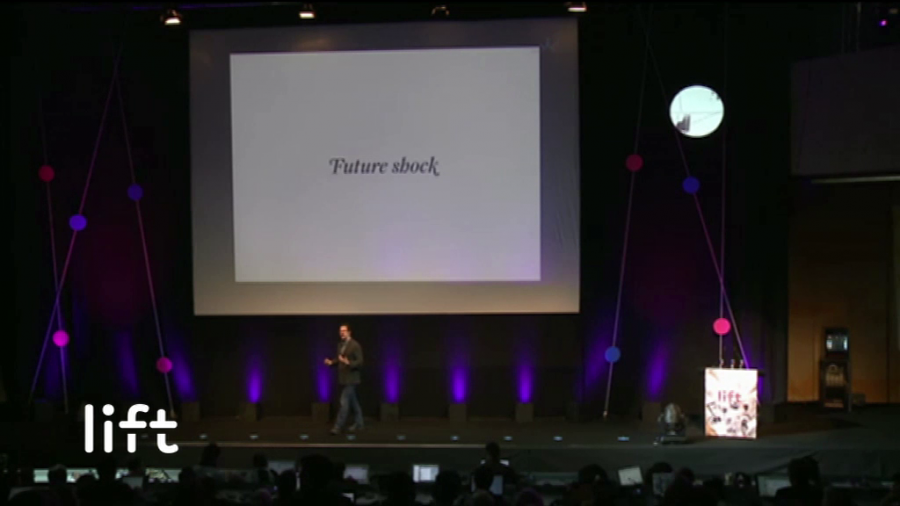
You all have, undoubtedly, friends in New York and San Francisco and Berlin and Tokyo and Australia or whatever, all of whom you have much more in common with than you do with your neighbor. You’ve created diasporas of interest. The death of distance has created many different new forms of country. Countries which aren’t based on how far it is from us to those guys over there, but new countries based on what you’re interested in.
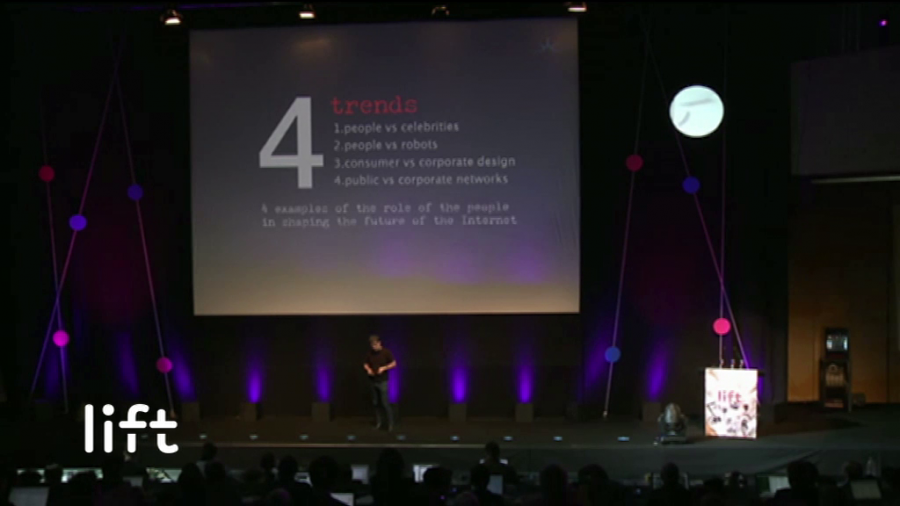
This quote’s from Andy Warhol. He was looking at America and saying America’s different. He’s saying, “Well, Elizabeth Taylor’s drinking Coke and I’m drinking Coke and the bum on the street’s drinking Coke, and it’s all the same thing.” For the first time in history, mass market culture has allowed us all to enjoy the same thing. This is not champagne. The bum on the street can’t afford champagne.

